Mattress Care
June 2020How to look after your new mattress: 5 mattress care tips
If you’ve just bought a new mattress it can be really exciting to finally get that blissful nights sleep. However, a number of people then fail to undertake any mattress care. Meaning more often than not their mattress gets damaged far quicker and means you’re back looking for a new bed in a few years. This guide is going to give you the insider tips to make your mattress last for as long as possible!
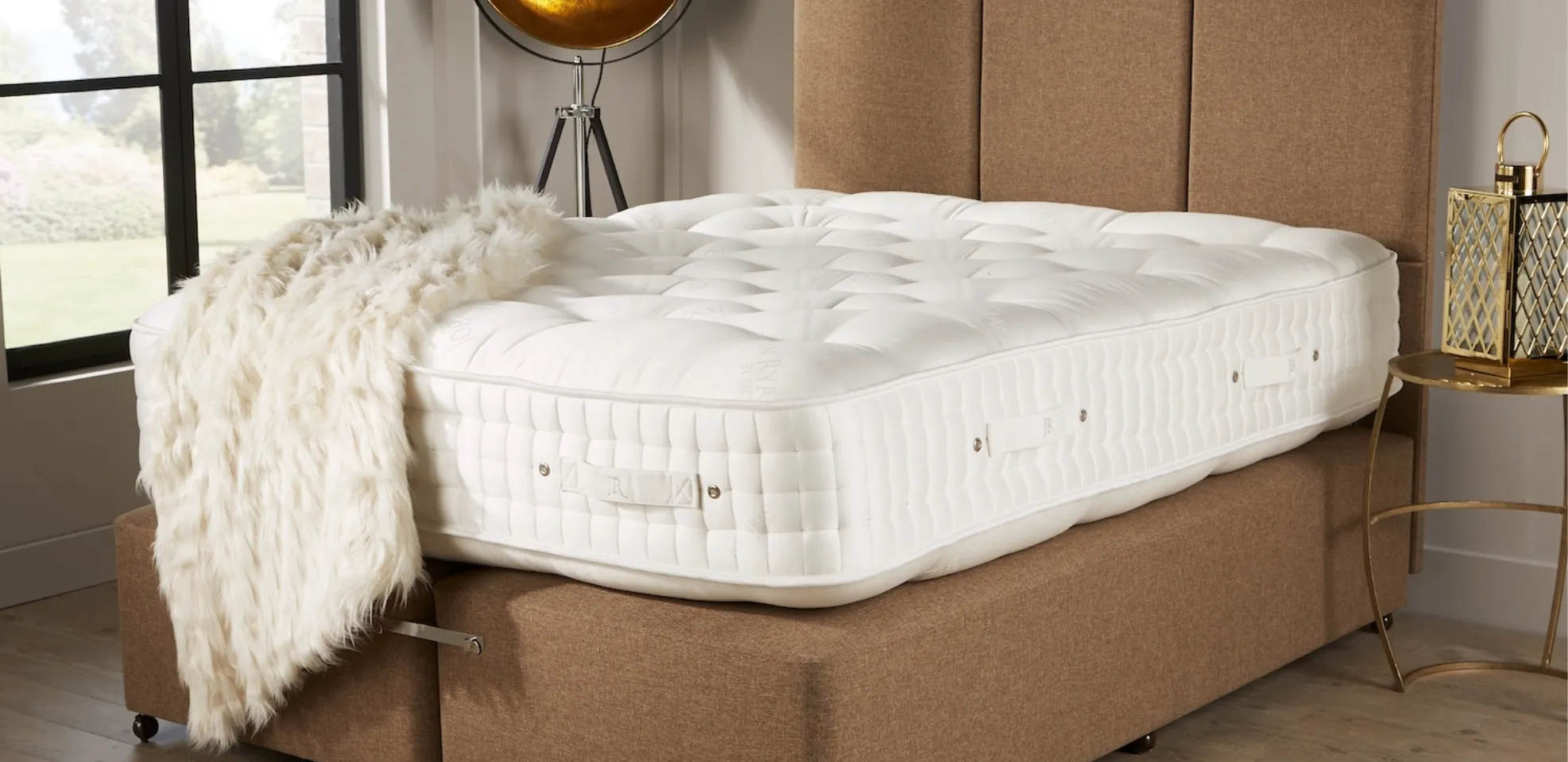
Top 5 Mattress Care Tips
- Air your new mattress
- Use a mattress protector & topper
- Turn your mattress monthly where possible
- Use the correct base & headboard
- Keeping your mattress clean & fresh
1. Air & Ventilate your mattress
Airing your mattress is often overlooked and can really help keep your bed in fantastic condition. If you fail to air and ventilate your mattress you may end up with damp or shorter lifespan as moisture can start to damage your mattress. Ventilation is also key when your new mattress arrives.
Immediately after delivery, your mattress should be aired for at least 8 hours, to freshen from storage and transportation. Ideally, this should be done when the mattress arrives or the next day.
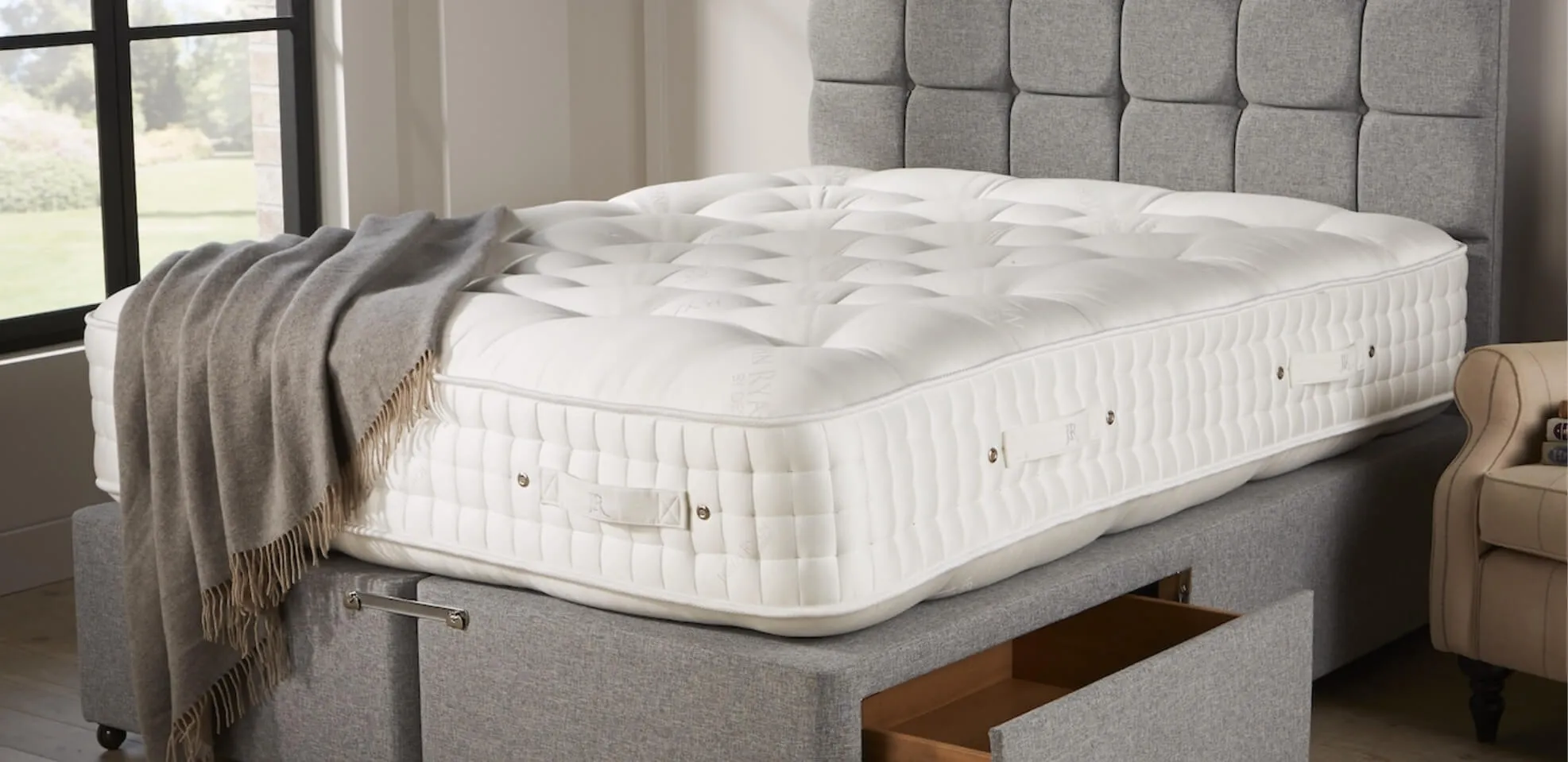
You should try to air your mattress on a weekly basis, by turning back your bed linen for a few hours.
2. Always use a mattress topper and or protector
We strongly recommend the use of a protector or topper with all mattresses. The type of topper or protector you use will depend on the results you require. Some people opt for a simple protector that can be washed with the linen in order to protect the mattress. Others opt for a thicker topper for a softer feel.
By using a topper or protector of your choice, you will extend the life of your mattress. This is because a mattress protector will act as a barrier of defence against:
- Sweat
- Moisture
- Dead skin
- Bacteria
- Spills and leaks
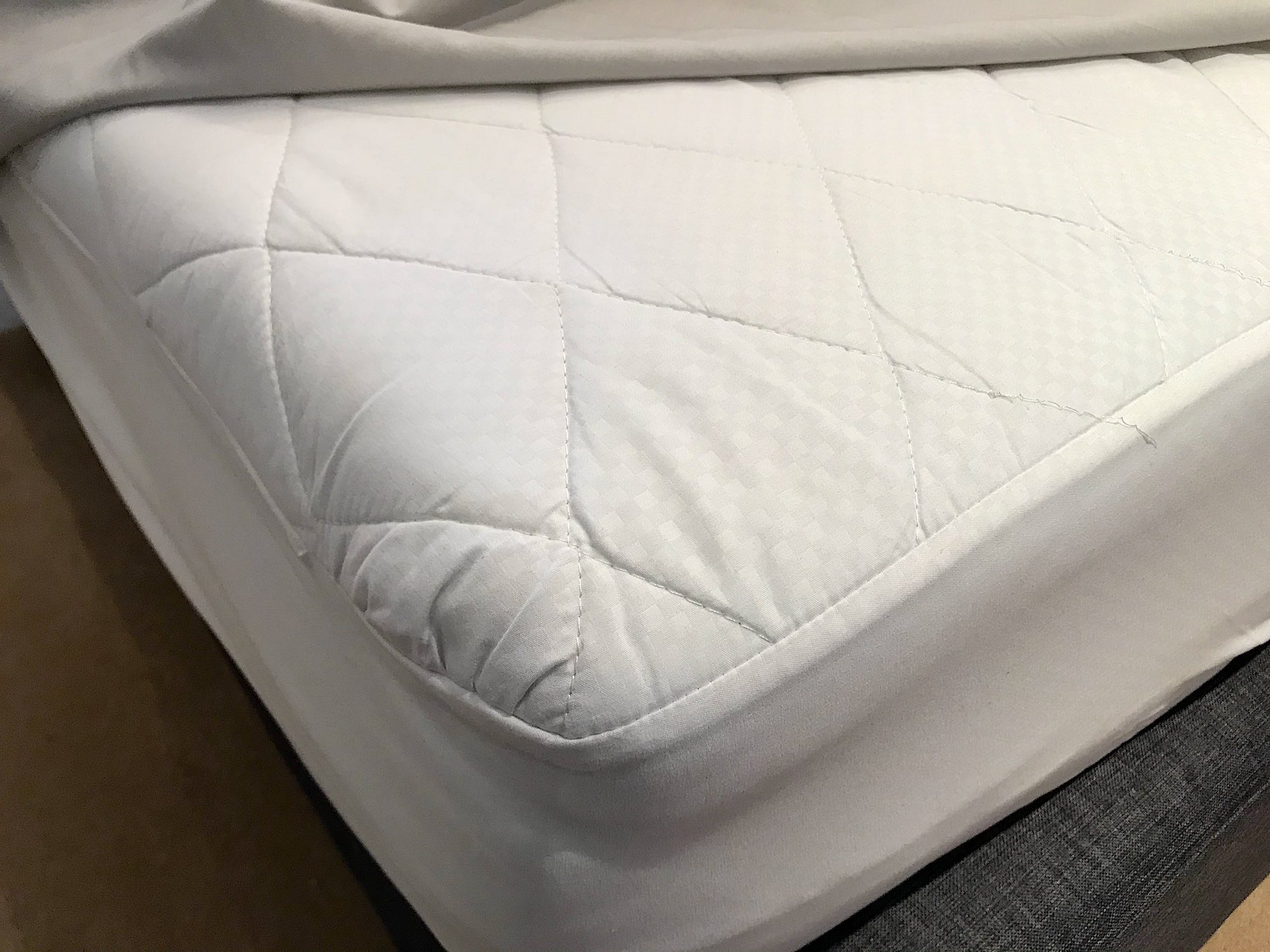
Removable mattress protectors are relatively cheap and you can then wash these weekly to make sure that any debris is kept off your new mattress!
3. Turn your mattress monthly & rotate
All two sided mattresses should be turned and rotated regularly. John Ryan mattresses have substantial layers of upholstery filling and need turning to ensure an even settlement across the entire surface of the bed. By turning your new mattress you are helping even out settlement and prevent dips in your mattress. If you don’t turn your mattress then you run the risk of all the wear happening in the same spot. This is why we always advise against one-sided mattresses where you’re limited to only ever being able to use one side.
- Flip the mattress over completely each month
- Every other month rotate your mattress (with no turn mattresses rotate them every month)
- If not turned regularly indents will form in the sleeping area.
It is recommended that two people turn the mattress as any quality mattress will be heavy!
Turning and rotating will even out natural settlements
Monthly mattress care can extend the lifespan of your mattress significantly
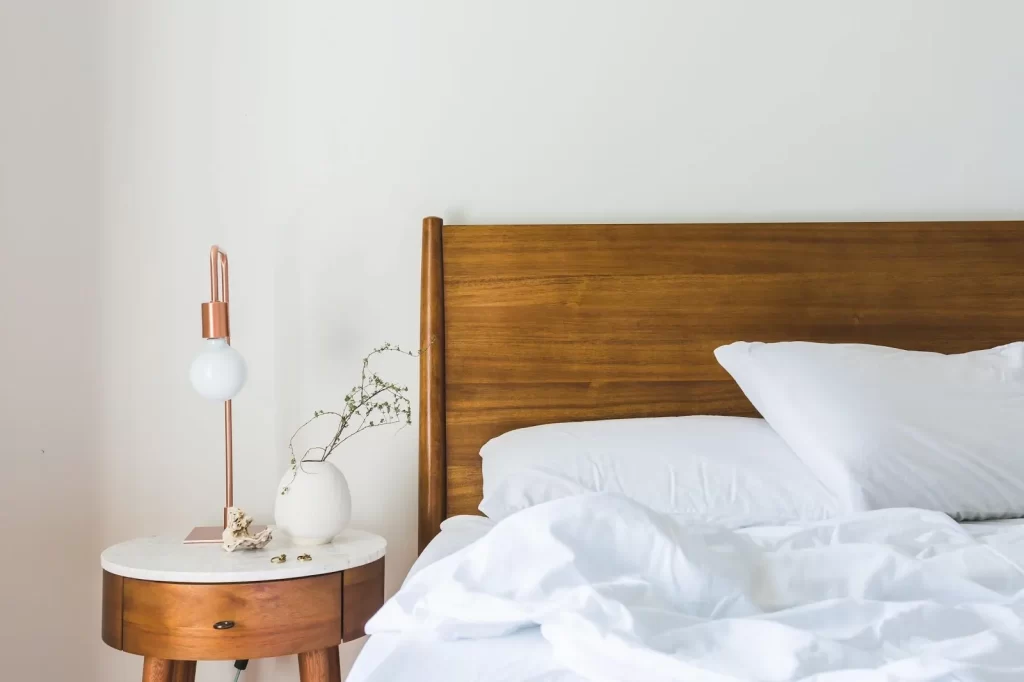

Natural settlement in mattresses will occur especially if you don’t turn and rotate your bed! You will notice that the area where you sleep will settle more than the area where you don’t. This is the case with all mattresses and is especially noticeable in king and super king size mattresses where the users sleep on opposite sides of the bed. A new mattress will compress more in the areas that are used the most which is why turning is so important. The settlement is natural and no cause for concern. However, failure to regularly turn and rotate your mattress will result in uneven settlement.
4. Choosing a quality mattress base
When buying a new bed its important to make sure that it is going on a quality suitable mattress base. That’s not to say that every new mattress needs a new base! Nearly all mattresses are suitable for all bases (which retailers don’t want you to know!)
As long as your bed base is structurally sound then it should be suitable for most mattresses. If you have a slatted base you need to make sure the gaps are no more than 7cm apart, read our guide for fixing slats here.
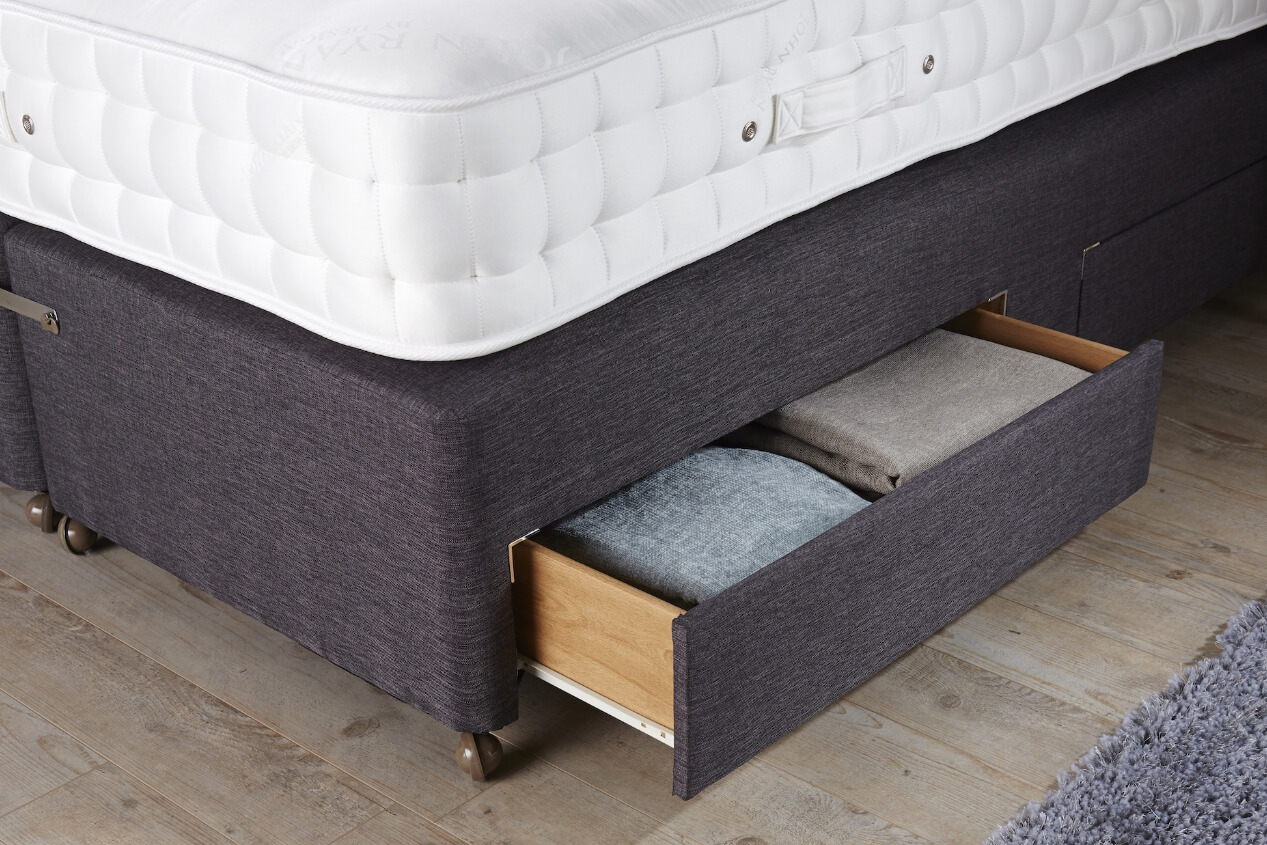
Things to look out for when checking the suitability of a bed base:
- Are the castors/feet in good order ie they are tight, not wobbly or loose
- If its a slatted base are the gaps too far apart? (You can board them over if so)
- Is your headboard correctly bolted/fixed to the base?
- Do the drawers open without getting stuck?
5. Mattress Hygiene and Cleanliness Tips
Just like your clothes its essential that you have a regular bedding and mattress hygiene routine. If you keep your bedroom really clean then your mattress will thank you as it will last far longer offering extending comfort than if you don’t!
Here are our top tips for keeping your bedroom and mattress in the best shape possible. Therefore lasting far longer!
- Wash your bedding weekly on a hot wash
- Use a 60-degree wash to kill bacteria & mites from your mattress protector
- Vacuum under and bed each month
- Air your bedroom each day if possible
- Clean up any mattress spillages immediately
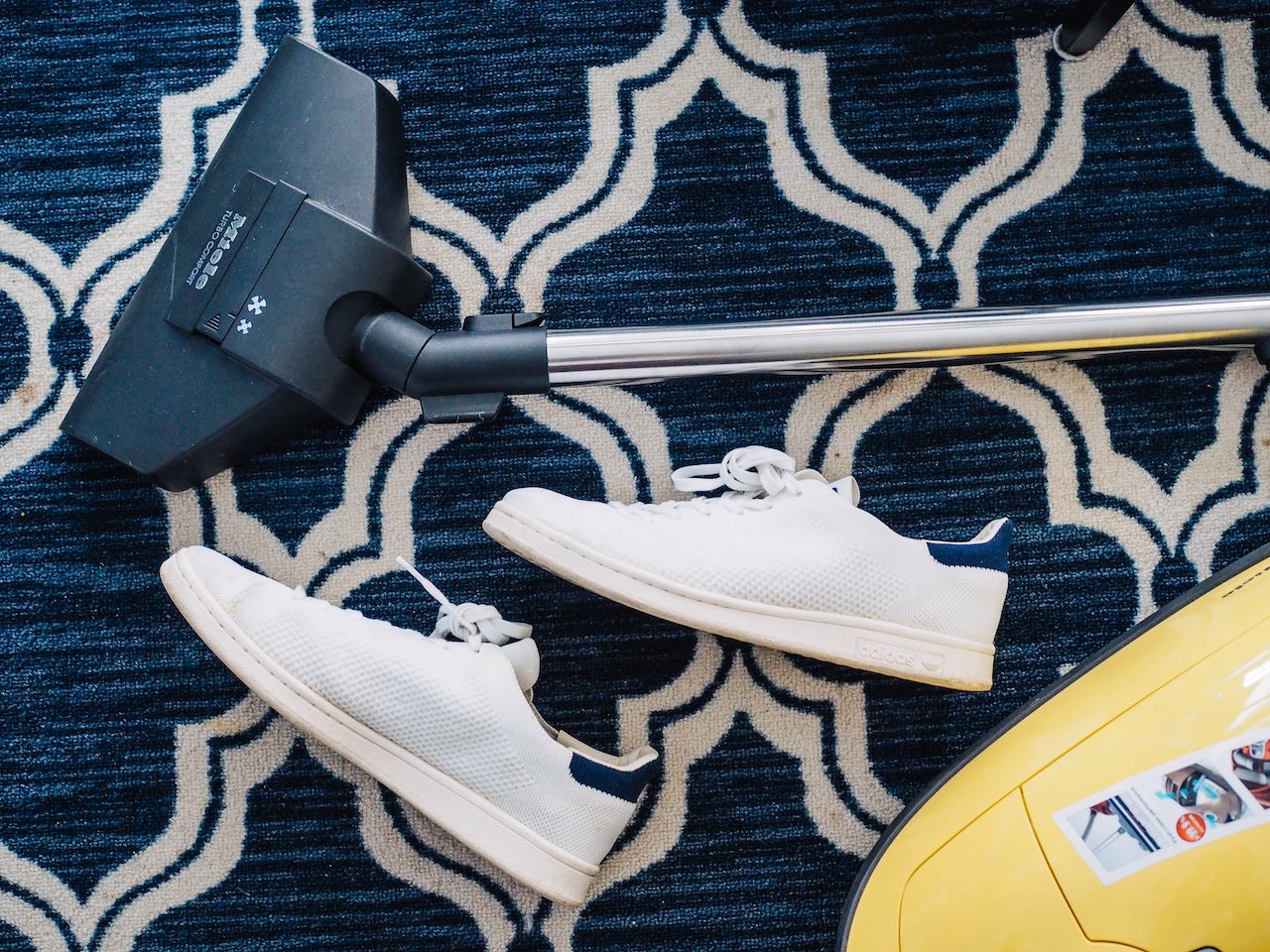
Summary
We have even more detail on mattress care found here if you want to go one step further in becoming a mattress master! By really looking after your bed not only will it last longer but it will retain its original comfort level too. So it really is win win!
A few regular cleaning routines will enable you to sleep soundly for longer than if you simply leave your mattress unattended to.
If you need more tailored mattress advice why not get in touch with our small friendly team on 0161 437 4419 or drop us a message below!

Dreaming of the perfect nights sleep?
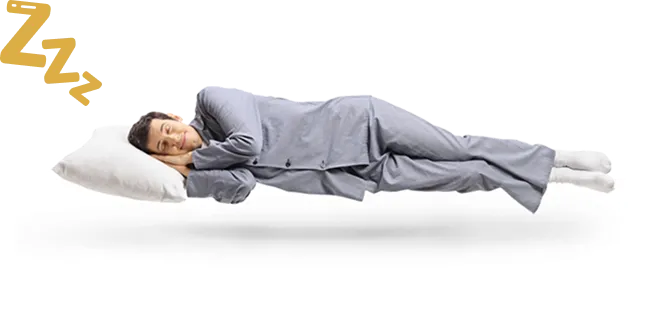
Ask us a question
There are over 6000 questions and answers submitted by you on all questions about mattresses and bed problems. Enter a keyword such as Vi Spring, John Lewis beds, bad back or Memory Foam and see if your question has already been answered.
If you can’t find an answer in knowledge hub, ask a new question. We aim to respond to all questions within one working day.
Newsletter
Enter your email to join our newsletter. We’ll send you occasional news and mattress expertise.
